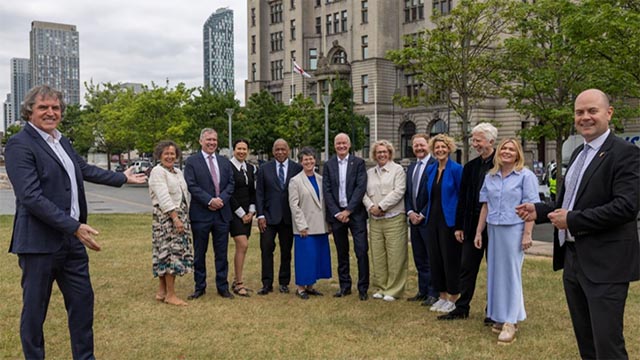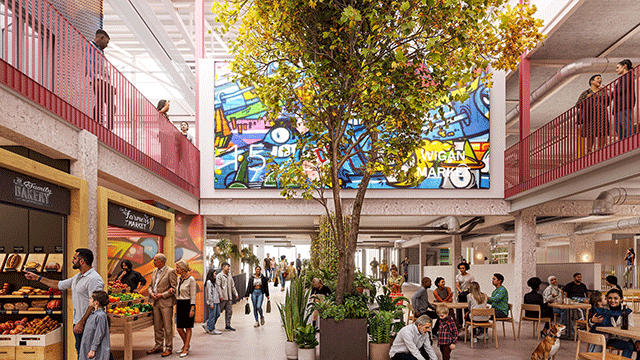When squatting was outlawed in residential property last year, commercial landlords asked, justifiably, why they weren’t being protected. Ministers, unsympathetic then, seem to have changed their tune. About time too.
This week MP Mike Weatherley delivered a letter to Number 10 formally asking the prime minister to extend the law to make squatting in commercial properties a criminal offence. He called on commercial landlords that have endured squatters to contact their local MP. Many have already got in touch with Weatherley, who led the campaign to criminalise squatting in residential buildings, now punishable by up to six months in jail and fines of £5,000.
Justice secretary Chris Grayling has agreed to review evidence collated by the backbencher.
Anecdotal evidence suggests there has been more squatting in commercial premises since the law changed last year and this will form a key part of the case presented to the secretary of state.
While setting a level playing field for residential and commercial buildings is important, ministers should – to borrow a phrase – address the causes of the crime as well as the crime itself. As the British Property Federation has previously argued, the government must not lose sight of the housing shortage that helps cause homelessness and squatting.
Similarly, at a time when housebuilders are reporting improved reservations and thanking the government’s Help to Buy scheme for driving demand, little is being done to address the stock shortage itself. There may be approved plans for more than 200,000 homes in London, but the shortfall could reach 1m within a decade. That needs to change. And it is the government that needs to lead the charge.
So University College London won’t be occupying a redeveloped Carpenters Estate in Stratford after all, despite spending more than £1.5m working up plans. By all accounts, the university was surprised by opposition to the move – from residents and from its own students, who staged an occupation on its existing campus in Bloomsbury last November.
But UCL remains interested in the area. It is now in talks over a £1bn campus on the Olympic Park, where 75 acres of land are yet to be allocated for development. Lend Lease’s and London and Continental Railways’ International Quarter scheme is another option.
Newham council remains committed to redeveloping the estate, so protestors’ relief is likely to prove short-lived. But should UCL secure a berth in the park itself it would restart momentum around the Olympic legacy as the first anniversary of the Games looms into view.
At a conference listening to Bruce Daisley this week, I tweeted: “Property types, rest easy: there’s no shame in never tweeting, says head of Twitter UK.” Reaction – on Twitter, of course – came thick and fast. “The times, they are a-changin,” was one response. “Ha ha. We’re trying!” ran another. Tweeted John Burrows of design house Burrows Little: “The property world seems unable to adjust to the use of social media as well as other industries. Uphill battle.”
Daisley’s point was that Twitter is a real-time news and events feed as much as a conversation to join. And engagement isn’t compulsory. But increasingly it’s where news breaks first. Ignore it at your peril.
One story that Estates Gazette broke first on Twitter this week, care of @JackSidders, was News International’s plans to move to The Place, better known as the Baby Shard (p39). If it comes off, it will boost the fortunes of Sellar Property Group’s London Bridge Quarter significantly, putting meat on the bones of its bullish claims about demand for the building. It is also a fillip for the central London lettings market, which has been relatively quiet. Perhaps most significantly of all, it will also help TMTise the area, perhaps lending the Shard itself (digital) media appeal.











